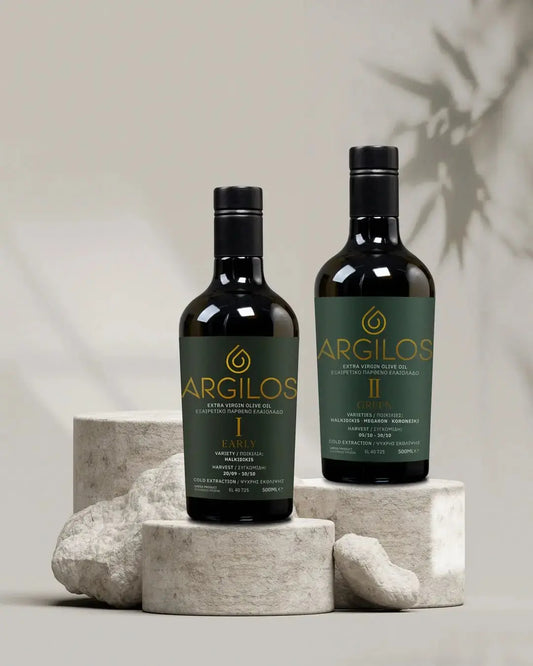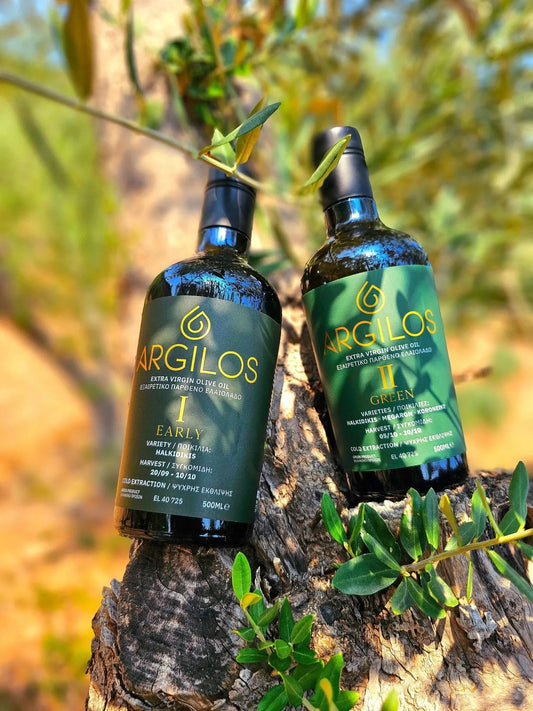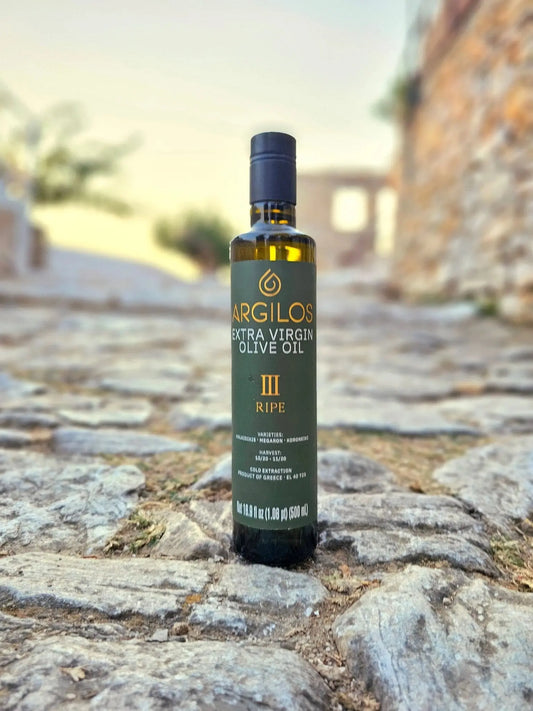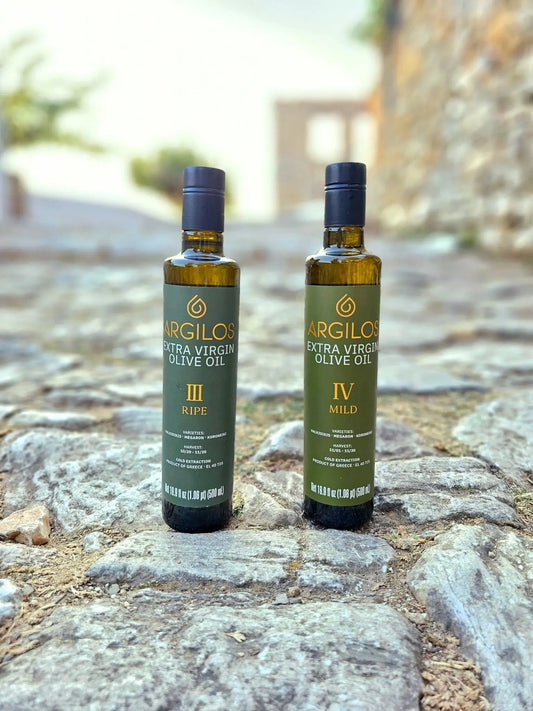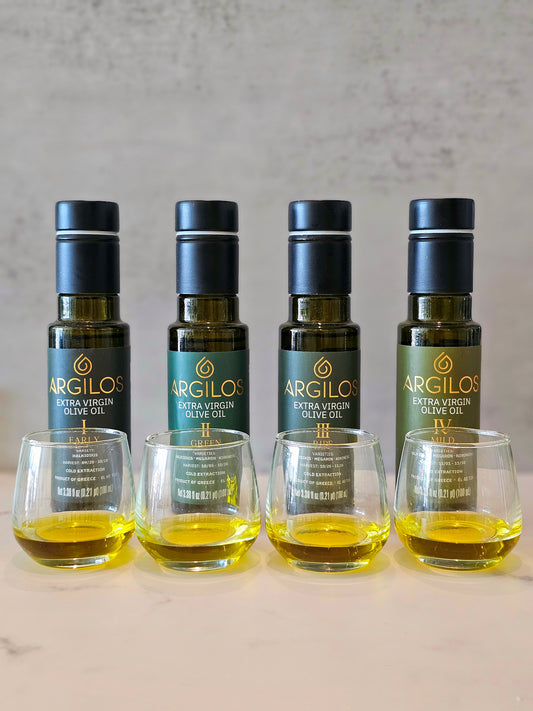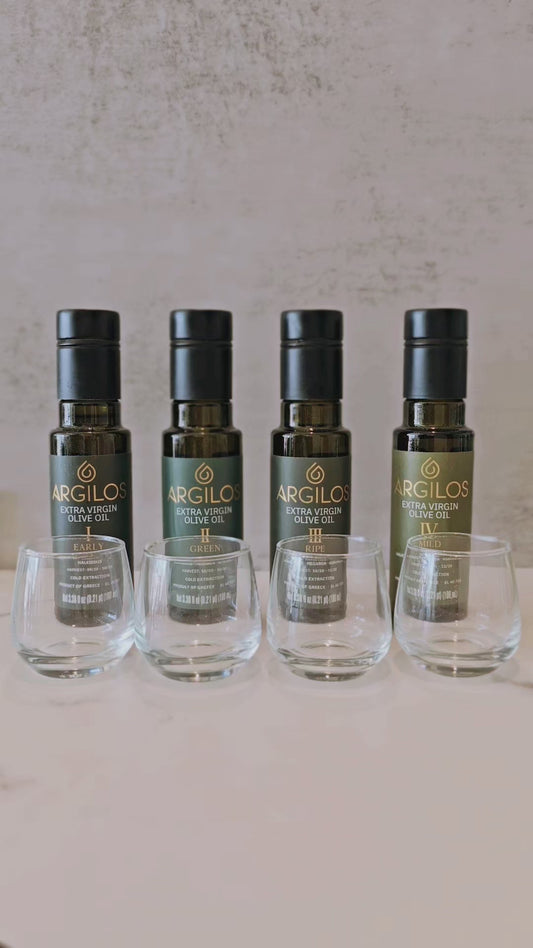Essential Pantry Items for Authentic Greek Cuisine at Home
Share

The Greek Pantry Essentials: Foundation of Mediterranean Flavor
Embarking on a culinary journey through Greek cuisine requires more than just enthusiasm—it demands authenticity rooted in quality ingredients. The Mediterranean diet, heralded for both its exquisite flavors and health benefits, relies on a carefully curated selection of pantry staples that transform ordinary meals into extraordinary culinary experiences. For the discerning home cook seeking to recreate the sun-drenched flavors of Greece, establishing a well-stocked pantry serves as the cornerstone of authentic preparation.
The Cornerstone Ingredients of Greek Culinary Tradition
Greek gastronomy boasts a lineage spanning millennia, with certain ingredients remaining steadfast through generations. Among these, extra virgin olive oil reigns supreme—a veritable liquid gold that distinguishes Greek cuisine from its Mediterranean counterparts. Unlike cuisines that utilize various cooking fats interchangeably, Greek cooking elevates olive oil to a position of reverence, employing it not merely as a cooking medium but as a flavor-defining element that permeates everything from simple salads to complex main courses.
Quality matters immensely when selecting olive oil for Greek cooking. The difference between mass-produced varieties and artisanal, single-estate oils mirrors the contrast between a whisper and a symphony of flavor.
Premium Olive Oil: The Lifeblood of Greek Cuisine
When discussing Greek cuisine essentials, the conversation invariably begins with olive oil—specifically, extra virgin olive oil (EVOO). This golden elixir transcends its role as a mere cooking medium; it serves as the foundational flavor that defines authentic Greek cooking. The Greeks consume more olive oil per capita than any other nation, a testament to its centrality in their culinary tradition.
Selecting the Perfect EVOO for Greek Cooking
Not all olive oils merit inclusion in a discerning Greek pantry. The distinction lies in provenance, processing methods, and flavor profiles. Authentic Greek EVOO exhibits a verdant hue with aromatic complexity—notes of fresh grass, green apple, artichoke, and a distinctive peppery finish that signifies the presence of health-boosting polyphenols. This peppery sensation, known as the "Oleocanthal effect," indicates exceptional quality and freshness.
For those seeking to elevate their Greek cooking immediately, investing in premium, traceable olive oil represents the single most impactful pantry upgrade.
When selecting authentic Greek olive oil, look beyond mass-market options to discover single-estate varieties that showcase the terroir of specific Greek regions. Mount Pangaion in Northern Greece, for instance, produces oils of remarkable character due to its unique microclimate and centuries-old olive groves.
The Authentic Greek Oil Experience
For those truly committed to authentic Greek flavors, sourcing genuine Greek olive oil makes an unmistakable difference in every dish. The robust flavors of a quality Greek EVOO transform even the simplest dishes into memorable culinary experiences.
Nostos Goods brings the authentic essence of Greek olive cultivation directly to your kitchen with their Argilos Extra Virgin Olive Oil. Harvested from the storied slopes of Mount Pangaion in Kavala, Greece, this exceptional oil embodies centuries of olive-growing tradition while meeting modern demands for traceability and sustainability.
What distinguishes Argilos is its range of intensity options—from bold early-harvest varieties bursting with peppery notes and antioxidants to milder late-harvest oils that complement delicate dishes. Each bottle represents a direct connection to the ancient olive groves of Greece, cold-pressed within hours of harvest to preserve maximum flavor and nutritional integrity.
Beyond their exceptional olive oils, Nostos Goods offers artisanal olive pastes that provide an instant flavor infusion for authentic Greek recipes. These house-made preparations in varieties like oregano, basil, and traditional Kalamata olive deliver concentrated Mediterranean essence that can transform even weeknight cooking into a Greek culinary experience.
Herbs and Spices: The Aromatic Soul of Greek Cooking
While olive oil forms the foundation, Greek cuisine derives its distinctive character from a specific constellation of herbs and spices. Unlike more heavily spiced culinary traditions, Greek cooking favors a restrained but deliberate approach to seasoning, allowing the quality of primary ingredients to shine.
Essential Greek Herbs for Authentic Flavor
A proper Greek pantry must include several key aromatics that appear consistently throughout traditional recipes:
- Greek oregano (Origanum vulgare hirtum) – More pungent and less sweet than Italian varieties, Greek oregano features prominently in meat dishes, salads, and tomato-based preparations
- Dried mint – Often used in combination with oregano in meat dishes and dolmades (stuffed grape leaves)
- Bay leaves – Essential for flavoring soups, stews, and the classic avgolémono
- Dill – Indispensable for authentic tzatziki and many vegetable preparations
- Thyme – Appears frequently in marinades and pairs beautifully with lemon
When possible, source these herbs from Greek producers for the most authentic flavor profiles. Greek herbs typically grow in more arid conditions, resulting in higher concentrations of essential oils and more intense aromatics compared to herbs grown in milder climates.
The Mediterranean Pantry Beyond Olive Oil
While olive oil constitutes the heart of Greek cooking, several other pantry staples form the backbone of this cuisine's distinctive character. These ingredients appear repeatedly throughout Greek recipes, providing the framework upon which countless traditional dishes are built.
Acids and Preserves: Balancing the Greek Palate
Greek cuisine masterfully balances richness with acidity, creating the characteristic brightness that makes its dishes so appealing. Several key ingredients deliver this essential acid component:
"The Greek pantry represents a perfect harmony of elements—the richness of olive oil balanced by bright acids, complemented by salty preserves and aromatic herbs. This balance, perfected over millennia, creates dishes that are simultaneously bold and subtle, complex yet honest."
— Chef Dimitris Kochilas
Beyond lemons, a well-stocked Greek pantry includes high-quality red wine vinegar and, perhaps most distinctively, Greece's unique answer to balsamic vinegar: petimezi, a sweet-tart syrup made from reduced grape must that adds complexity to marinades and dressings.
Legumes and Grains: The Foundations of Daily Greek Cuisine
While contemporary understanding of Greek food often focuses on showcase dishes like moussaka or souvlaki, traditional daily Greek cuisine revolves around legumes, grains, and vegetables—components that form the nutritional foundation of the Mediterranean diet.
Essential Legumes for Authentic Greek Cooking
Several legume varieties feature prominently in traditional Greek cooking:
| Legume | Greek Name | Traditional Uses |
|---|---|---|
| Yellow split peas | Fáva | Pureed into a dip similar to hummus, especially popular in Santorini |
| Chickpeas | Revíthia | Slow-cooked with olive oil and herbs or formed into fritters |
| Giant white beans | Gigantes | Baked with tomato sauce in the classic gigantes plaki |
| Lentils | Fakés | Simmered into the national comfort food, lentil soup |
These humble ingredients form the backbone of Greek vegetarian cooking and deliver the plant-based protein that makes the Mediterranean diet so sustainable and healthful. Stock your pantry with dried versions of these legumes, preferably Greek-grown varieties when available.
Dairy Foundations: Beyond Feta
No exploration of Greek pantry essentials would be complete without acknowledging the dairy components that add richness and tang to countless dishes. While fresh dairy products require refrigeration rather than pantry storage, several preserved dairy items belong in any serious Greek pantry.
Essential Greek Dairy Products
Feta undoubtedly reigns as Greece's most recognized cheese export, but authentic Greek cooking incorporates several other dairy products worth seeking out:
- Greek yogurt – Specifically, strained yogurt with higher fat content than most commercial varieties
- Kefalotyri – A hard, salty cheese ideal for grating or saganaki (fried cheese)
- Myzithra – A whey cheese used both fresh and aged
- Manouri – A creamy, semi-soft cheese made from sheep's milk whey
When selecting feta, seek out PDO (Protected Designation of Origin) varieties made exclusively from sheep's milk or a combination of sheep's and goat's milk—never cow's milk, which produces a substandard product lacking authentic flavor.
Building Your Greek Pantry: A Practical Approach
Assembling an authentic Greek pantry need not happen overnight. Begin with the absolute essentials—premium olive oil, quality oregano, and good feta—then gradually expand your collection as you explore specific recipes.
Frequently Asked Questions About Greek Pantry Essentials
Q: Is Greek olive oil significantly different from Italian or Spanish varieties?
A: Yes. Greek oils typically exhibit grassier, more herbaceous notes with a pronounced peppery finish compared to the often milder Italian oils or fruitier Spanish varieties. This distinctive profile contributes significantly to the characteristic flavor of authentic Greek dishes.
Q: Can I substitute dried herbs for fresh in Greek recipes?
A: While fresh herbs provide optimal flavor in certain applications like salads, Greek cuisine traditionally relies heavily on dried herbs, particularly oregano and mint. In many cases, dried herbs actually deliver more authentic results than fresh varieties.
Q: What single ingredient would most improve my Greek cooking?
A: Without question, investing in premium, single-estate Greek extra virgin olive oil will elevate your Greek cooking more than any other ingredient. The complex flavor profile of authentic Greek oil forms the foundation upon which all other flavors build.
By thoughtfully assembling these essential pantry items, you create the foundation for authentic Greek cuisine that honors both tradition and exceptional flavor. The Mediterranean approach to cooking—emphasizing quality ingredients minimally manipulated—begins with stocking your pantry intentionally, prioritizing provenance and production methods that preserve the integrity of each component.

